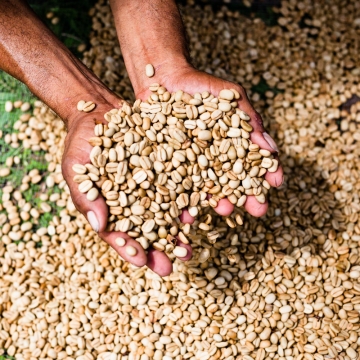Do Dairy Market Hubs improve smallholder farmers’ income? The case of dairy farmers in the Tanga and Morogoro regions of Tanzania
The dairy industry has great potential to improve living standards for the poor in Tanzania and more so for smallholder farmers who account for the largest share of milk consumed nationally.
